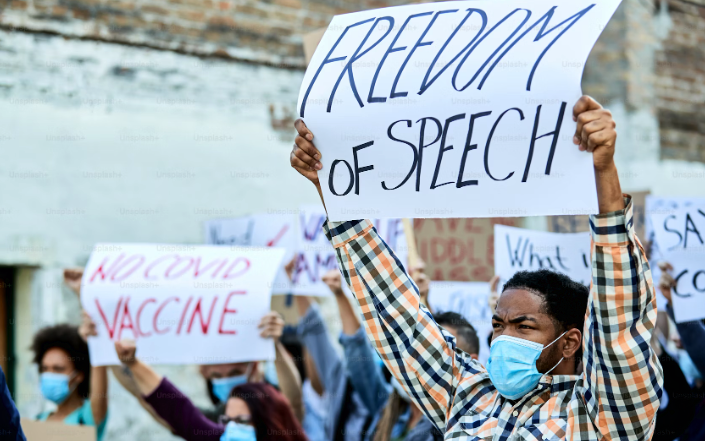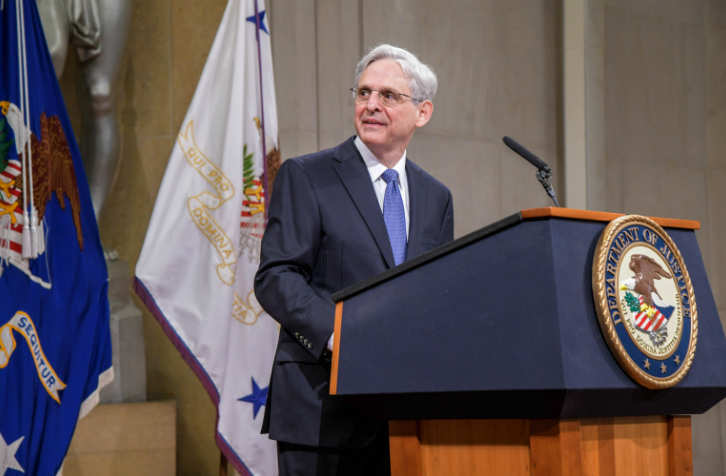Poll: Quarter of UK Population Believe COVID was a Hoax
According to a poll conducted by Savanta for King's College London (KCL) and the BBC in April, almost a quarter of 2,274 adults interviewed believed COVID was probably or definitely a hoax.

Facts
- According to a poll conducted by Savanta for King's College London (KCL) and the BBC in April, almost a quarter of 2,274 adults interviewed believed COVID was probably or definitely a hoax.1
- The results also suggested that about 29% of the Britons surveyed agreed the World Economic Forum's "Great Reset" was a plan to impose a totalitarian world government during the pandemic.2
- Additionally, one-third of the respondents stated that they are now less likely to believe official information because of how the government and the mainstream media behaved during COVID.2
- The findings were released as the first public hearing of the UK COVID inquiry — established by former PM Boris Johnson to scrutinize the country's response to and impact of the pandemic up to June 28, 2022 — opened on Tuesday.3
- According to the Office for National Statistics, COVID was the underlying cause of 148,606 deaths and a contributory factor in 170,600 deaths in England and Wales from March 2020 to April 2022.4
- Earlier this year, a new survey conducted by KCL in 24 countries found that the UK has one of the lowest levels of trust in the press, with only 13% of the people saying they had confidence in the news.5
Sources: 1Guardian, 2King's College London, 3Evening Standard, 4ONS, and 5Press Gazette.
Narratives
- Pro-establishment narrative, as provided by ScienceAlert. It's no surprise that a spread in conspiracist ideation has followed the pandemic, as many people trying to make sense of their woes tumbled down the rabbit hole of conspiracy theories concerning COVID. These total fabrications risk promoting violence, discrimination, and distrust in institutions.
- Establishment-critical narrative, as provided by The Conversation. It's inappropriate to smear people whose beliefs conflict with officially sanctioned or orthodox thought as "conspiracy theorists," thereby treating them as heretics were treated in the Middle Ages. Often there is at minimum a nugget of truth in these theories and complex situations, and silencing diverging opinions will only ultimately undermine democracy and freedom of speech.






